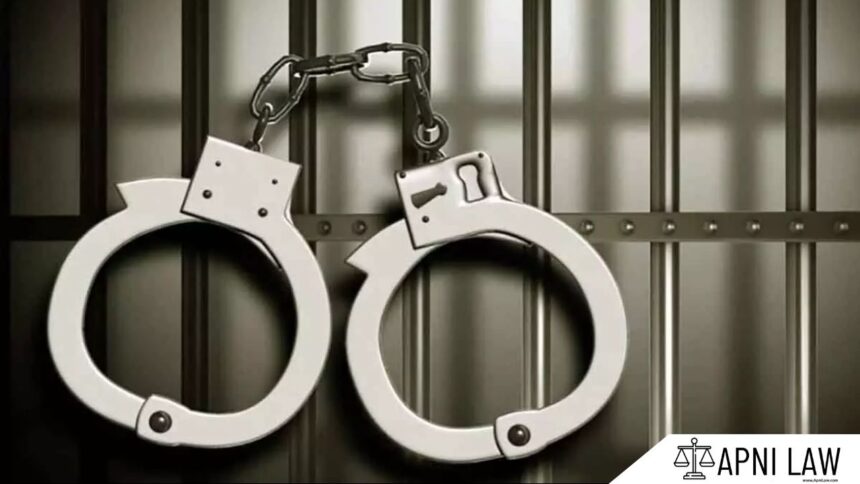Introduction
The Protection of Human Rights Act, 1993 establishes the State Human Rights Commissions (SHRCs) under Chapter V. These commissions safeguard rights at the state level. They investigate violations, recommend remedies, and guide governments on preventive action.
Constitution and Composition of SHRC
The State Government creates an SHRC for its territory. The Chairperson must be a former Chief Justice or Judge of a High Court. Members include one High Court Judge, one District Judge with at least seven years’ service, and two experts with human rights knowledge. The Secretary acts as the Chief Executive Officer and manages administration and finances.
Appointment and Tenure Of SHRC
The Governor appoints the Chairperson and members. A committee headed by the Chief Minister recommends the names. The committee includes the Speaker of the Assembly, the Home Minister, and the Leader of the Opposition. In states with a Legislative Council, its Chairperson and Opposition Leader also join.
What Are The Powers of SHRCs
The SHRC can inquire into human rights violations. It can act suo motu or on complaints from victims and third parties. It may call for reports from the government and authorities. The commission has civil court powers. It can summon witnesses, record evidence, and demand official documents.
What Are Their Actions After Inquiry
After completing an inquiry, the SHRC can recommend compensation for victims. It can advise the government to prosecute offenders. They may suggest interim relief. It can also approach the Supreme Court or High Court for directions or writs.
Do They Have Reporting and Accountability
The SHRC submits annual and special reports to the State Government. The government must place these before the State Legislature along with an action-taken report or reasons for rejecting recommendations.
Do They Have A Limitation Period
The SHRC cannot entertain cases after one year from the date of violation. It can, however, refer matters to the National Human Rights Commission or other authorities if central jurisdiction applies.
What Are Human Rights Courts
The Act allows states to set up Human Rights Courts in districts for speedy trials. These courts work with the approval of the Chief Justice of the High Court. Special Public Prosecutors handle the cases.
Conclusion
State Human Rights Commissions are vital in protecting citizens’ rights at the state level. They monitor violations, ensure justice for victims, and hold authorities accountable. Their role strengthens human rights enforcement and builds trust in democratic governance.
For any specific query call at +91 – 8569843472








